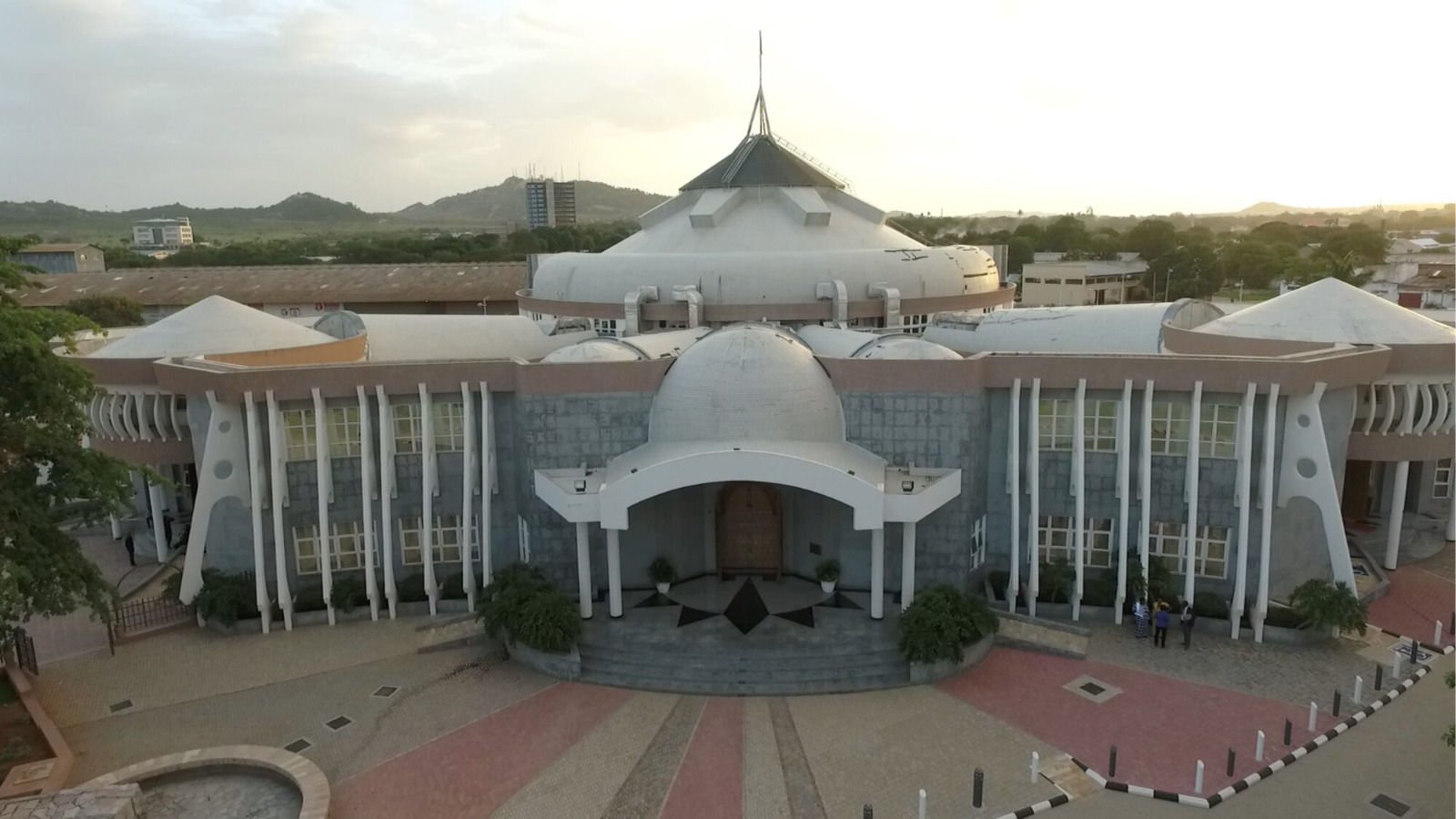Tanzania’s 13th Parliament officially convenes this week, but once again without an official opposition camp, marking the second consecutive Parliament to operate under one-party dominance.
The development has reignited debate about the future of multiparty democracy and parliamentary accountability in the country.
According to the Independent National Electoral Commission (INEC), a total of 115 Members of Parliament have been appointed under the Special Seats arrangement — a constitutional mechanism designed to ensure gender balance in the legislature. Out of these, 113 belong to the ruling Chama Cha Mapinduzi (CCM), while the remaining two seats were awarded to the Chaumma Party, signaling the small party’s growing national recognition.
The absence of an official opposition stems from the limited number of opposition lawmakers currently in the House. Out of 396 total MPs, only 12 belong to opposition parties — 10 directly elected and two appointed through Special Seats. With two constituencies yet to hold by-elections, this figure remains well below the legal threshold required to establish an official opposition.
Under Part Five, Section 21 of the 2023 Standing Orders of Parliament, a formal opposition bloc can only be formed if minority representation accounts for at least 12.5 percent of all MPs. This means that at least 49 opposition MPs would be required — far more than the current number.
The composition of the new Parliament includes 270 constituency MPs, 115 Special Seats MPs, and the Attorney General, who serves as an ex-officio member.
Also Read; Ten Wanted as Violence Rocks Multiple Tanzanian Cities
The imbalance, analysts warn, could limit parliamentary scrutiny of government policies and weaken the system of checks and balances vital to democracy.
Political analyst Dr. Asha Mjema, speaking to local media, described the situation as “a democratic setback that risks turning Parliament into a one-party forum.” She added that without structured opposition, the burden of accountability shifts to civil society organizations, the media, and the public.
Still, the inclusion of Chaumma’s two Special Seats members — Devotha Minja and Sigrada Mligo — has been viewed as a symbolic milestone. Though small in number, their presence introduces a new voice to Tanzania’s political discourse.
The 12th Parliament, which was dissolved on August 2, 2025, also operated without a formal opposition bloc. At the time, only 26 opposition MPs were present, many of whom later faced internal disciplinary issues within their respective parties.
Observers note that while the absence of opposition MPs reflects CCM’s electoral dominance, it also underscores the need for electoral reforms that can encourage broader participation and representation. The National Assembly of Tanzania remains a critical institution in shaping national policy, and voices across the political spectrum are calling for renewed efforts to strengthen its inclusivity.







